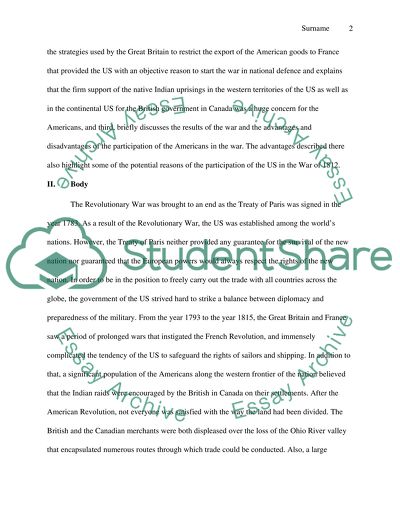Cite this document
(“The Reasons of United States Participation in the War of 1812 Research Paper”, n.d.)
The Reasons of United States Participation in the War of 1812 Research Paper. Retrieved from https://studentshare.org/history/1402447-history
The Reasons of United States Participation in the War of 1812 Research Paper. Retrieved from https://studentshare.org/history/1402447-history
(The Reasons of United States Participation in the War of 1812 Research Paper)
The Reasons of United States Participation in the War of 1812 Research Paper. https://studentshare.org/history/1402447-history.
The Reasons of United States Participation in the War of 1812 Research Paper. https://studentshare.org/history/1402447-history.
“The Reasons of United States Participation in the War of 1812 Research Paper”, n.d. https://studentshare.org/history/1402447-history.


